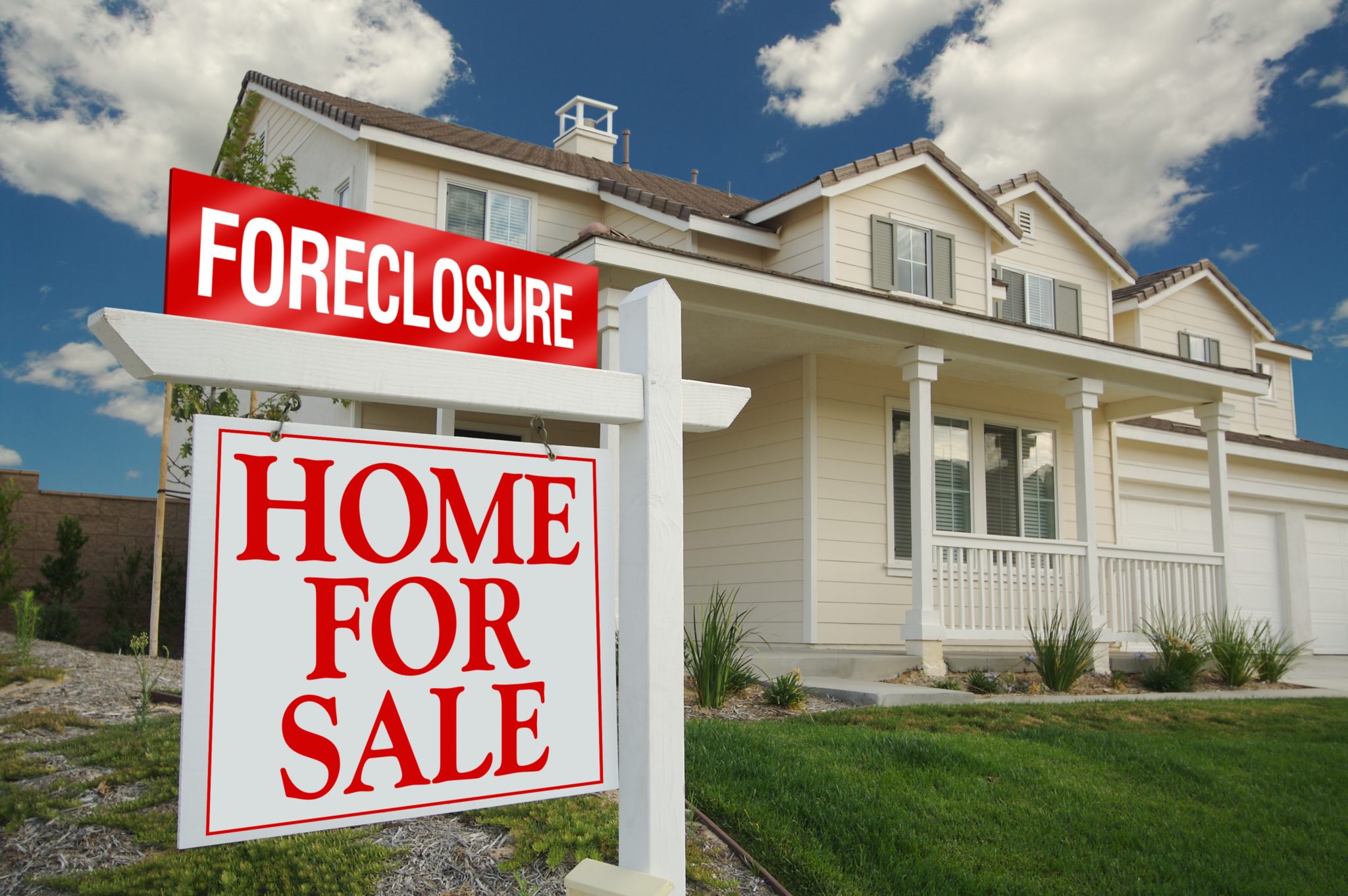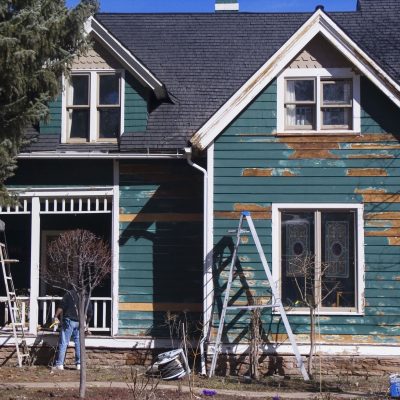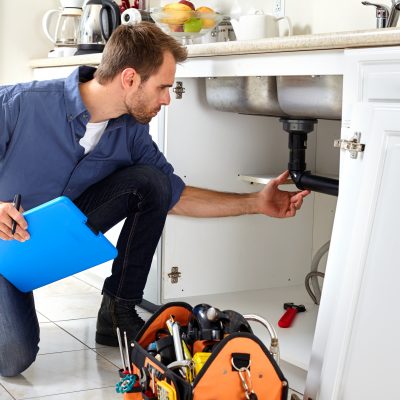What is Foreclosure and How it Works?
As a result of the pandemic, the real estate market has drastically shifted in favor of the seller and not the buyer. It is very rare to find a house sold below market value and hard to find an available house in general. In fact, most industry experts expect the housing shortage to last another three to five years which means waiting out the current housing conditions may not be a viable option. Instead, it may be smarter to pick a realtor that is experienced in foreclosed homes and start shifting your focus.
Buying a house in foreclosure might be a better way to get an affordable home, and one of the only ways depending on your budget. The number of available homes on the market right now is the lowest it has been this century, and that includes during the market bubble of the late 2000s. In layman’s terms, it means that it doesn’t just feel like there are no homes out there- there really aren’t any. If you want to buy a house below market value, your only choice really is going to be to find foreclosure homes.
What is a Foreclosed Home?
A foreclosed home is a home that is repossessed by the bank. This usually occurs when the homeowner falls behind at least two to three months on their mortgage, although the exact amount varies by the lending institution. When the homeowner stops making mortgage payments the bank or lending agent has no other option but to repossess the home and then sell it to try to recoup the remaining money on the loan. It is not beneficial for banks to hold vacant properties, so they are typically sold as-is as quickly as possible. This is why some people are able to snag a great deal by buying a house in foreclosure.
Why Do People Foreclose on Their Homes?
There are a variety of reasons why people foreclose on their homes. While falling behind on a mortgage loan is the most popular reason why people foreclose, in some instances, a foreclosure can also occur if the homeowner is behind on homeowners association fees or property fees.
Banks attempt to protect themselves from defaulted home loans by assigning strict lending terms to their mortgage loans, but these lending terms only look at the current financial situation of applicants. Major life changes can affect the ability of a homeowner to make their monthly mortgage including but not limited to:
- Sudden job loss
- Excessive debt
- Unforeseen medical emergency that results in loss of income
- Sudden death of a spouse
- Natural disaster leaves real estate in distress
- Inability to sell the first home following relocation
- Divorce
- Sudden increase in living expenses
- Sharp increase on an adjustable-rate mortgage
What Does the Foreclosure Process Look Like?
There are essentially two types of foreclosure properties: judicial and non-judicial foreclosure. The major difference between the two is that one does not require court action. Each state and different regulations regarding the foreclosure process and when the court must be involved. However, regardless of the type of foreclosure, there are usually five stages that a homeowner will go through.
- Behind on Payments – The very first step of every foreclosure is missed payments of some type. Depending on the terms of their mortgage and the lender, it may only take a few missed payments before the lender can consider a foreclosure. Lenders will often work with homeowners but only if they reach out for help.
- Lender Serves a Public Notice – If nothing is done, then the lender will be forced to file a public notice or file a lawsuit depending on state law. The purpose of the public notice or lawsuit is to notify the homeowner that if the existing debt is not paid in full the lender will take further action.
- Foreclosure – Following the public notice the actual foreclosure begins. During this time period, the homeowner has 90 days to either pay their balance, sell the property to pay off their loan, attempt to find a buyer via short-sale, or sign the deed to the lender. While a short-sell will not completely pay off the loan, it will be less damaging to the homeowner’s credit and is a great opportunity for savvy buyers to buy a house below market value.
- Auction – If the homeowner is unable to sell their home or does not take any action then the home will be posted for auction. If you want to find foreclosure homes, an auction is the best way to do so. Foreclosure auctions are public and the minimum bid usually starts at the current mortgage balance.
- Sale and/or REO Property – Regardless of the auction outcome, the previous homeowner will be forced to leave the home to make way for the new homeowner. If the auction is unsuccessful or the lender does not accept any of the bids, then the property will become real estate-owned property. It is a good idea to pick a buyer agent that is familiar with buying a house in foreclosure and ROE properties as the latter also offers the chance to buy a house below market value.
Pros and Cons of Buying a House in Foreclosure
There are many pros and cons of buying a house in foreclosure. You may find foreclosure homes at a great price, especially if the owner is attempting a short sale, but since they are sold as-is you may be walking into expensive repairs. Homeowners that can’t pay their mortgage also may not have been able to properly maintain their home. It is a good idea to pick a realtor with experience to offer you some guidance when buying a house in foreclosure.
The timeline of when you buy a home is also important. For example, you may get a better deal and have more bargaining power during the short-sale and auction process, but during the auction, a cash bid is usually required which may be outside of your financial abilities. By waiting until the property is an REO property then you can pursue typical mortgage financing options. You may have to pay more for a home, but the sale will progress through the normal closing process and you can request an inspection versus a home that is sold as-is.
Therefore, in the end, it is important to strike a balance between how much you want to save and how much you want to risk once you find foreclosure homes. Pick buyer agent who knows their way around the foreclosure market and they can offer you customized advice to help make your next real estate purchase a more educated decision.





